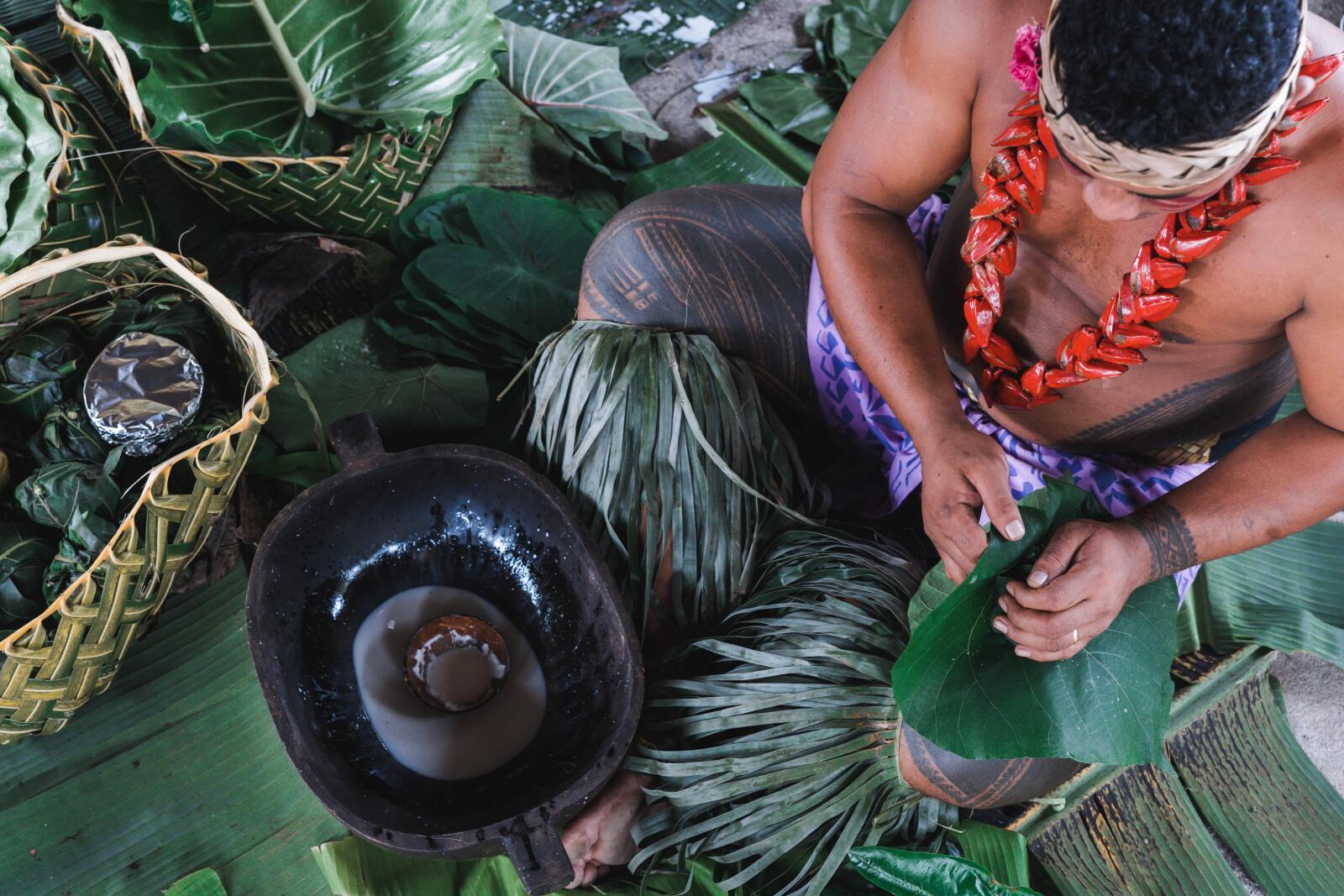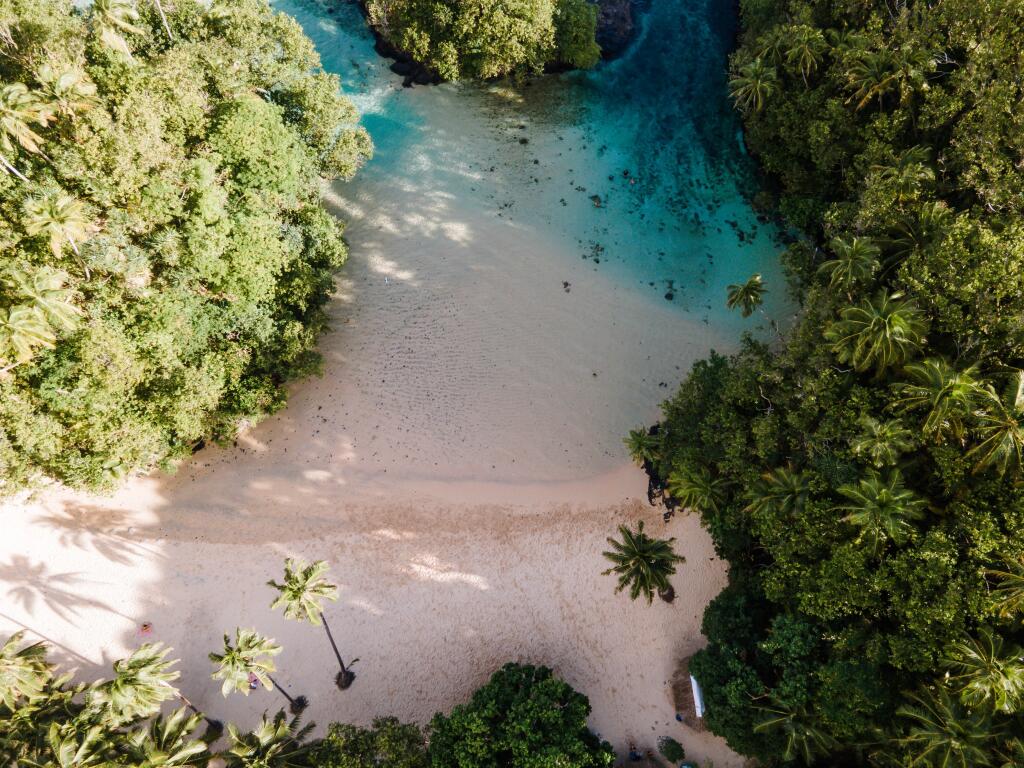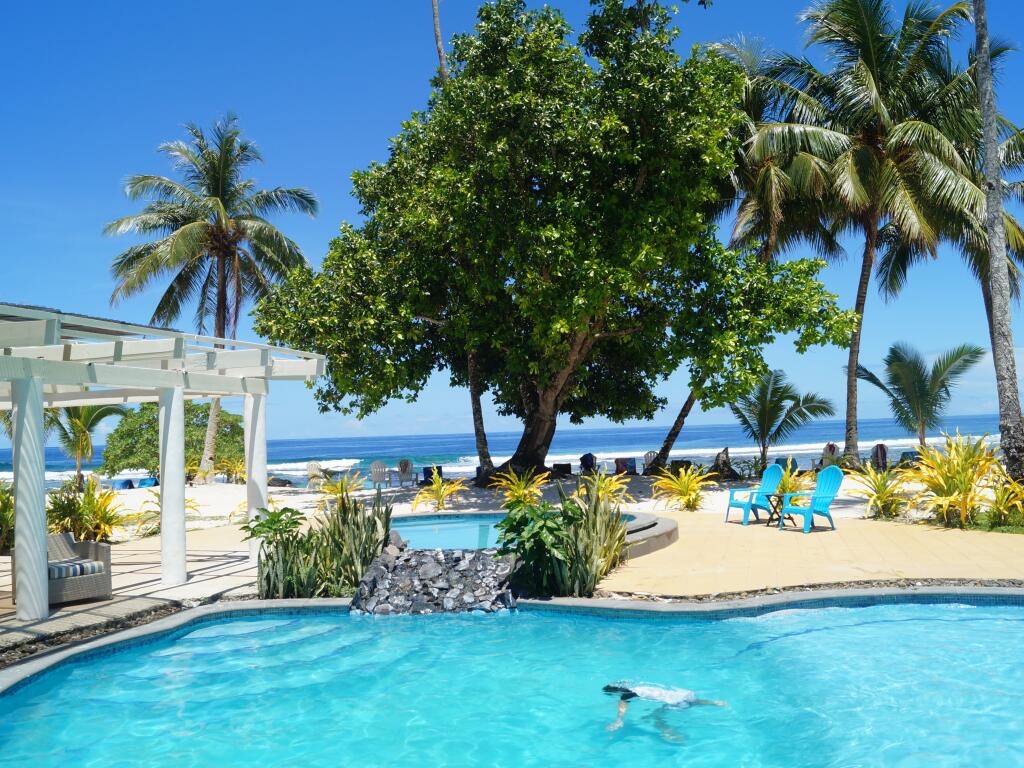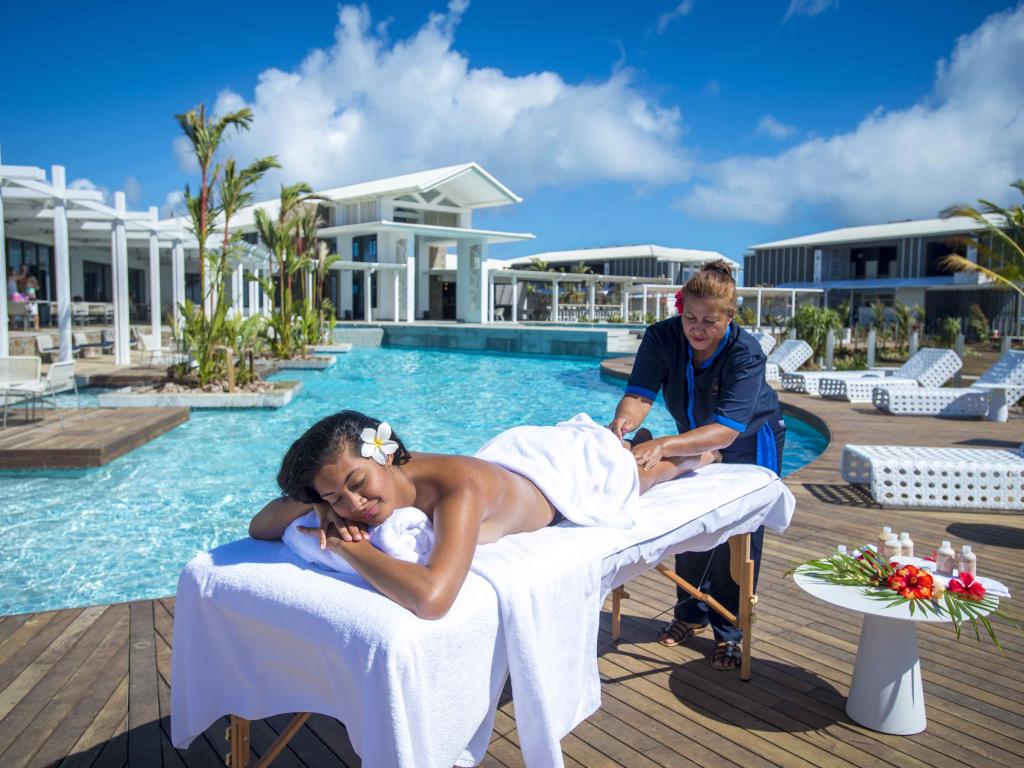Samoa Culture
Samoa is an enchanting nation brimming with culture, history and tradition. Governed by Fa'a Samoa which can be translated to 'The Samoan Way', the culture is heavily focused on family, respect of elders and community. The three structural elements to Fa'a Samoa are the matai (chiefs), aiga (extended family), and the church. Fa'a Samoa is a vital part of how Samoans lead their life and celebrate their culture, environment and values. These are particularly evident in the time-honoured traditions, welcoming nature and cultural practices of the Samoan people.

Samoan Cultural Practices
Fales
There are approximately 310 villages found all over the Samoan islands, with around 18,000 matai's. In Samoa, many locals reside in the traditional fales which can be a thatched roof with no walls, a tin roof with foll-down blinds or a fully enclosed building. There are many types and sizes of fales, each reflecting the welcoming culture of the Samoam people.
'Ava Ceremony
The 'Ava ceremony is a traditional practice that has been passed down in Samoa over many generations. Similar to those traditions found in Fiji, the 'ava drink is made from the ground root of a pepper plant and is traditionally consumed at important meetings and government. Led by the high chief of the hosting village, participants will sit cross legged in a circle to prepare and consume the 'ava and then enjoy a traditional feast.
Tatau
Tatau or tattoo is an incredibly spiritual practice for Samoans that was originated over 2000 years ago. The tradition for men is referred to as the Pe'a where intricate patterns are tattooed onto the body from the waist down to the knees. It is often seen as a rite of passage for men and a mark of spiritual maturity. The process is done by a master tattooist who uses handmade tools made from shark teeth, bone, tusks and shells. The process is extremely painful and can take up to two weeks to complete. If the tattoo is unfinished it is said to bring shame to the man's family.
For Samoan women, the Malu is a less dense version of Malofie that runs from the upper thigh to behind the knee and shows that they are ready and mature to take on responsibilities within the home and community.
Song and Dance
Song and dance are an integral part of Samoan culture. The traditional dance is called the siva which is performed by women and involves graceful, fluid movements and inspiring storytelling. The fa'ataupati is a dance traditionally performed by men and involves fire, knives and beating drums. These amazing performances are a very popular tourist attraction and a must-see spectacle while in Samoa.



